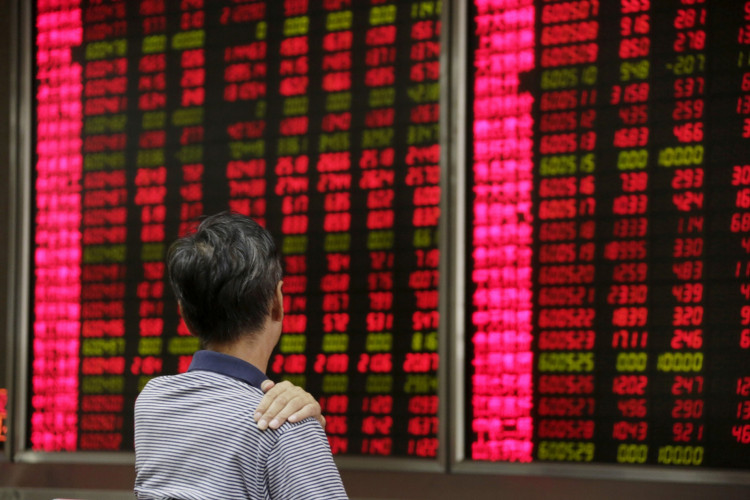Global markets rallied on Monday, driven by a combination of factors including softer-than-expected U.S. jobs data and speculation of potential rate cuts by the Federal Reserve. In Asia-Pacific, stocks surged as investors reacted positively to the news, with hopes of monetary policy easing.
The Reserve Bank of Australia's upcoming rate decision and China's April trade data were key focal points for investors. Analysts closely monitored Australia's inflation data, which indicated a potential acceleration in price growth. However, despite concerns about a softening labor market, analysts forecasted no change to the RBA's current rate.
Composite purchasing managers' index readings for Hong Kong and service PMI readings for mainland China and India were released on Monday. Notably, markets in Japan and South Korea were closed for a public holiday.
Australia's S&P/ASX 200 rose for the third consecutive day, closing at 7,682.4. Similarly, Hong Kong's Hang Seng index and mainland China's CSI 300 posted gains as traders returned from the Labor Day holiday.
Indonesia reported robust first-quarter gross domestic product growth, exceeding economists' expectations. Shares of Foxconn, the iPhone manufacturer, soared following a substantial rise in April revenue. Analysts also weighed in on the Japanese yen's performance, highlighting potential resistance against the U.S. dollar despite recent interventions.
In the global arena, markets were buoyed by renewed speculation of Federal Reserve rate cuts. U.S. stock futures signaled a positive open, with the S&P 500 and Nasdaq expected to advance. The dollar remained steady, while European markets received a boost from upbeat sentiment in the U.S. Oil prices saw an uptick amidst geopolitical tensions in the Middle East.
MSCI's broadest index of Asia-Pacific shares outside Japan reached its highest level since February 2023, while China's blue-chip index closed higher. Traders remained vigilant for potential volatility in the yen, following last week's suspected interventions by Japanese authorities. The currency weakened after a strong surge, reflecting ongoing market uncertainties.




